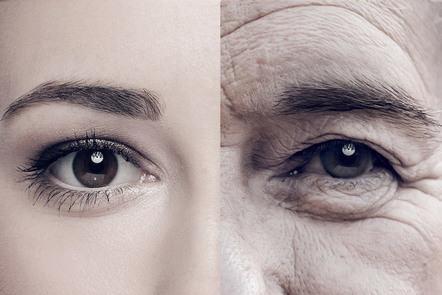MOOC List is learner-supported. When you buy through links on our site, we may earn an affiliate commission.

MOOC List is learner-supported. When you buy through links on our site, we may earn an affiliate commission.
However, it was only after infectious diseases became more controlled and reliable food supplies became generally available, that the rapid increase of the average lifespan made science turn its attention to study longevity and ageing.
To fulfil the desire to live longer and age healthier, it is essential that we better understand the intricate molecular processes that evolve in our body when we age.
Study the concepts and theories of ageing
In this free online course, you will study the current concepts and theories of ageing. You will learn about the molecular and cellular processes in ageing. You will explore the cell systems, animal models and advanced experimental methods that we use to study ageing.
After introducing the main theories and mechanisms of ageing in the first week, we will proceed with a series of in-depth lectures from distinguished researchers working at the European Research Institute for the Biology of Ageing at the University of Groningen. They will present you with a selection of their current research and will explain the fundamental questions they try to answer and the experimental approaches they use for their studies.
You will learn that ageing starts at the cell level and you will study several phenomena which take place in cells, such as genomic instability, telomere shortening and epigenetic changes.
By completing this course you will gain insight into the fundamental biology of ageing in various simple and complex organisms, including humans.
What topics will you cover?
- Cellular ageing
- Chromosomes and ageing
- Genomic instability and epigenetics
- Stem cells in ageing and rejuvenation
- Molecular aspects of health and disease during ageing
- Genetics and evolution of ageing
Learning on this course
You can take this self-guided course and learn at your own pace. On every step of the course you can meet other learners, share your ideas and join in with active discussions in the comments.
What will you achieve?
By the end of the course, you‘ll be able to...
- Explain the main theories and mechanisms of ageing
- Describe the processes that are happening in the ageing cells
- Discuss the use of different model organisms to study human ageing
Who is the course for?
The course is aimed at anyone interested in understanding the biology of ageing. It requires basic knowledge of biology, though most of the terms are explained and you will receive further support via additional reading.
MOOC List is learner-supported. When you buy through links on our site, we may earn an affiliate commission.
MOOC List is learner-supported. When you buy through links on our site, we may earn an affiliate commission.
